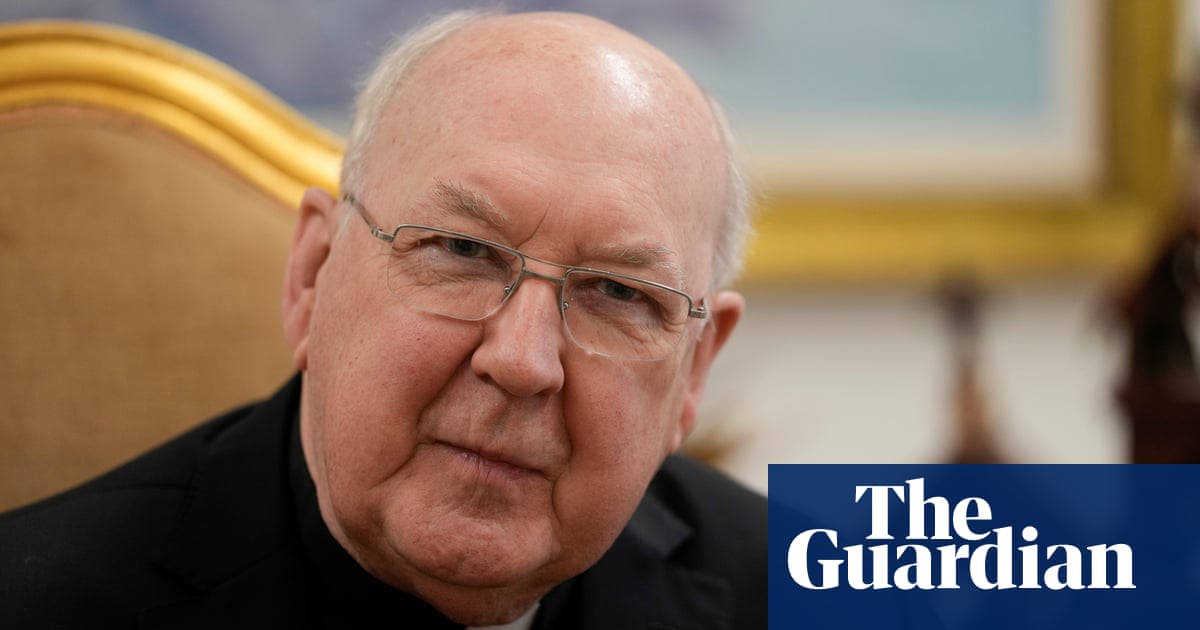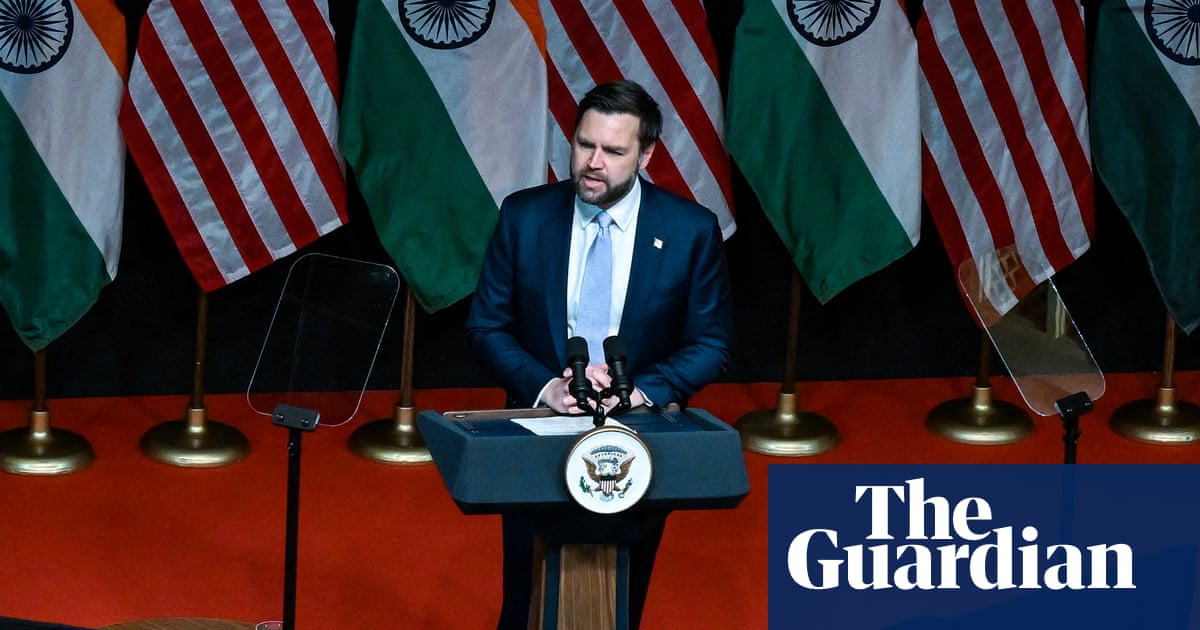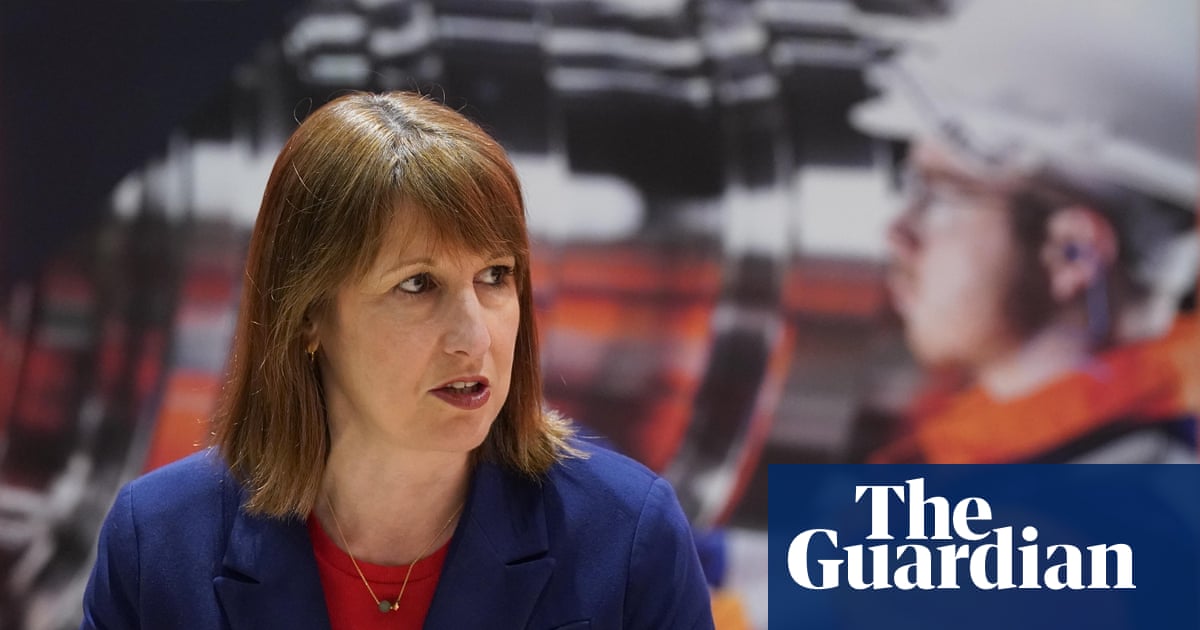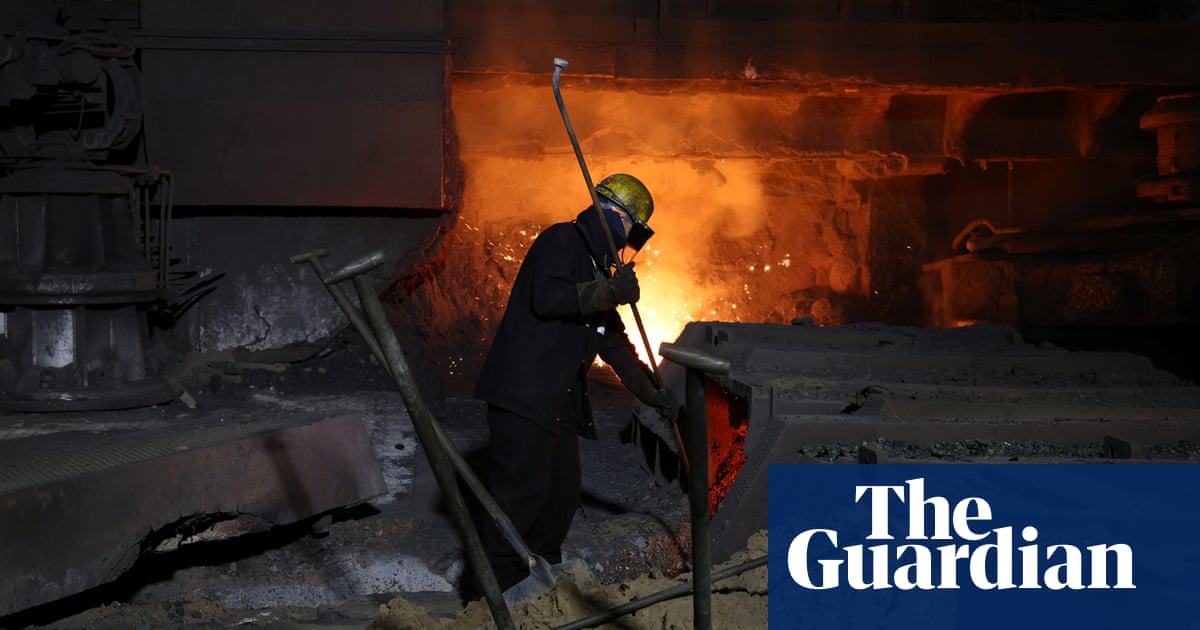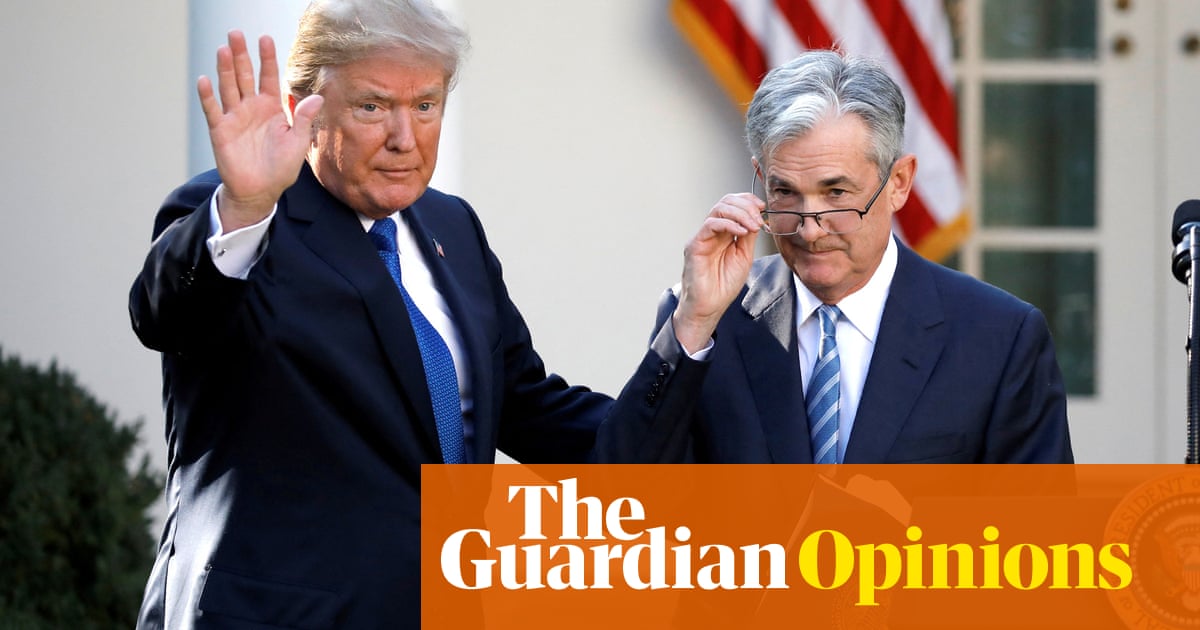Keir Starmer is under growing pressure to forge closer economic links with Europe five years on from Brexit, as a major new poll shows voters clearly favour prioritising more trade with the EU over the US.
The MRP survey of almost 15,000 people by YouGov for the Best for Britain thinktank shows more people in every constituency in England, Scotland and Wales back closer arrangements with the EU rather than more transatlantic trade with Washington. MRP polls use large data samples to estimate opinion at a local level
Even in Nigel Farage’s seat of Clacton, more people think the UK is better off trading more with its neighbours on the continent than with the US under the Reform UK leader’s ally Donald Tump.
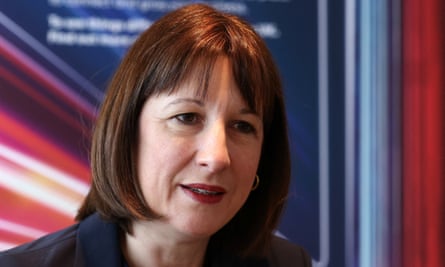
The findings come as the chancellor, Rachel Reeves, on Sundaytells the Observer that Brexit has harmed the UK economy and that she is determined to claw back some of the lost gross domestic product (GDP) by reducing trade frictions for UK small businesses wherever possible. In one of the clearest statements by a senior government minister on Brexit, Reeves answered yes when asked if she was clear that leaving the EU had damaged the UK’s financial position.
The chancellor, who discussed possible ways to improve trade with EU finance ministers and others at the World Economic Forum in Davos last week, said there were “loads of external estimates” showing the negative impact of Brexit on the UK economy and added: “What I want to do is get some of that GDP back by having a better trading relationship with the European Union.”
Reeves also enthused about one specific proposal, saying it was “great”, made by the EU’s new trade chief responsible for post-Brexit negotiations, Maroš Šefčovič , who floated the idea of the UK joining the Pan-Euro Mediterranean convention (PEM). The PEM is a set of common rules for sourcing parts and ingredients for use in tariff-free trade.
Reeves said: “They would not have made those suggestions a year or two ago because they knew they did not have a UK government that was interested. So the fact that they are putting those things out there shows there is a better deal to be had than the one we have at the moment. We look forward to exploring those options with them.”
Reeves’s comments are striking because Keir Starmer’s government has been fearful of moving too fast to foster closer links with the EU because of concerns that it would boost support for Reform among Brexit supporters.
But with Reeves’s sights now fixed intently on stimulating economic growth by whatever means, the Treasury appears to be leading the charge to improve trade with the EU.
Under our current post-Brexit arrangements agreed by Boris Johnson, the UK sits outside boththe EU single market and its customs union. This means that goods traded by UK companies to and from the EU face time-consuming and costly delays at borders as checks are conducted.
In addition, UK citizens are no longer able to travel to work in the EU as they were under freedom of movement rules that apply to member states.
The poll found that 46% of respondents said the EU should be the government’s top priority when it comes to trade, whereas less than half this number (21%) opted for the US.
The results come just days after Trump was sworn in for the second time as US president, promising to impose hefty tariffs on imports. Any UK trade deal with the US is likely to mean this country having to accept imports of food such as chlorinated chicken and hormone-injected meat that breach current UK and EU regulations.
Naomi Smith, chief executive of Best for Britain, said: “Trade doesn’t have to be either/or but it’s clear that when it comes to priorities, from Cairnryan to Clacton and Newport to Newcastle, Britain wants a closer relationship with the EU first.
after newsletter promotion

“With Trump threatening new tariffs as soon as [this] week, the government should listen to voters and break down trade barriers with our largest market before pursuing deals elsewhere. That’s how Starmer can meet his growth ambitions, ease price rises for UK consumers and give British businesses a fighting chance in an increasingly protectionist world.”
Writing in the Observer , Praful Nargund, a Labour candidate at the last election, who is director of the Good Growth Foundation, said: “If we’re serious about fixing our economic stagnation, the EU cannot be sidelined. This problem has always been a political one at its heart. Provided it delivers on people’s priorities, there is a way towards a closer relationship with the EU that is not electorally disastrous – indeed, potentially quite the opposite.”
Marley Morris, an associate director at the Institute for Public Policy Research thinktank and author of several reports on Brexit, said: “As the UK’s closest and most significant trade partner, the EU should be the top priority for the government’s new trade strategy. The current trade deal is not working as it should, with UK businesses facing an array of new barriers to selling goods and services into the EU.”
The poll for Best for Britain found the desire for closer EU-UK ties was even stronger among voters who switched from Conservative to Labour at the last election (57%). Of those who voted Labour at the last election, two-thirds (66%) thought the government should prioritise trade with the EU, compared with only 9% for Trump’s US.
Strong support for prioritising trade with the EU was also found in the constituencies most heavily targeted by Labour at the last generalelection, including Ribble Valley and Stoke-on-Trent.
In Scotland and Wales, which will hold Holyrood and Senedd elections next year, battleground seats such as Stirling and Strathallan, as well as Llanelli also back prioritising trade with the EU.

.png) 2 months ago
40
2 months ago
40
